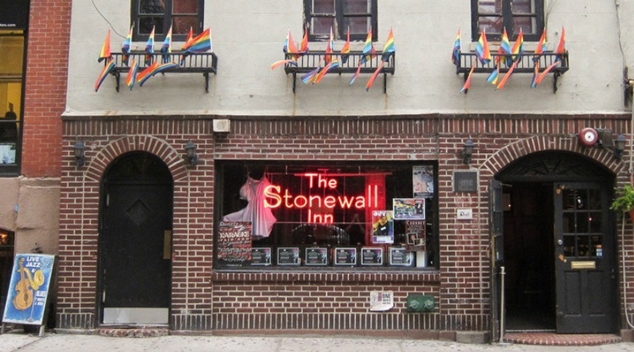OPINION
Colin Longworth is a Psychologist, long term volunteer with Living Proud and the Volunteering WA 2025 Lifetime Contribution to Volunteering Award recipient.
As we come to the anniversary of the Stonewall riots which took place on the 28th June 1969, which are often seen as the start of the modern Gay and Lesbian rights movement (the other letters in the acronym were added over the years) we hear some suggestions that we don’t need Pride Marches and the like anymore as we all have equality now.

However, this got me thinking of these scenarios – just imagine:
- A couple comprised of different genders walks hand-in-hand down the road. No one gives it a second glance or accuse them of “rubbing people’s nose” in their heterosexuality, it’s a fairly normal way of showing affection to one’s partner.
- Two women walking down the street arm in arm or hand-in-hand. Passers-by may give a sideways glance or raise a few eyebrows; they may even get a wolf-whistle or a “dirty look”. To my eyes, this is probably the limit of what is likely to happen.
- Two men are walking down the street hand in hand. Just like the opposite sex couple, again a fairly normal way of showing affection to one’s partner. However, in the case of the two men, they could reasonably expect to get verbal and or physical abuse and accused of “rubbing people’s nose in” or “promoting” homosexuality.
The ANZ bank’s “Hold Tight” campaign from a few years ago, in support of the Sydney Gay and Lesbian Mardi Gras and the New Zealand Pride Festival, gives example of this. There’s also a separate clip with some of the ANZ staff talk about #HoldTight and the impact of not being able to do this fairly normal activity for heterosexuals.
In a related vein, I recently dropped by Rabble Books and picked up a copy of Breaking the Rainbow Ceiling by Layla McCay, subtitled: How LGBTQ+ people can thrive and succeed at work.
This book, amongst other things, notes the difficult choices for LGBTIQA+ staff and large corporations, and governments and their diplomats. In that there is the question about whether the company and government may not be able to guarantee a socially, morally and legally safe workplace, when they seek to transfer LGBTIQA+ staff internationally?
For example, to countries where being LGBTIQA+ can be at the least illegal, if not a country with the death penalty for being LGBTIQA+. What about (same-sex) married couples, in countries where the marriage is not recognised.
In a related vein, last weekend (in a non-LGBTIQA+ social setting) when speaking of my recent Volunteering WA Lifetime Contribution Award, the gentleman I was speaking to, mentioned how his daughter and her wife, had to look closely at the risk related to how they got to Europe and where they stopped over and how they referred to each other.
The same concerns can apply to any same-sex married couple travelling internationally.
Sure, there are differing opinions around how to achieve conditions closer to LGBTIQA+ equality. But it is I feel naïve to expect that without figuratively speaking “rattling the cages” from time to time and in ways some may not approve of these improvements will occur.
Just think of the Suffragettes, Rosa Parks in the US not going to the back of the bus, or Vincent Lingiari leading a walkout of Aboriginal stockmen at Wave Hill Station, or the protesters at New York’s Stonewall Inn, and the 79ers at the first Sydney Mardi Gras.
Colin Longworth
Psychologist, long term volunteer with Living Proud and the Volunteering WA 2025 Lifetime Contribution to Volunteering Award recipient.






